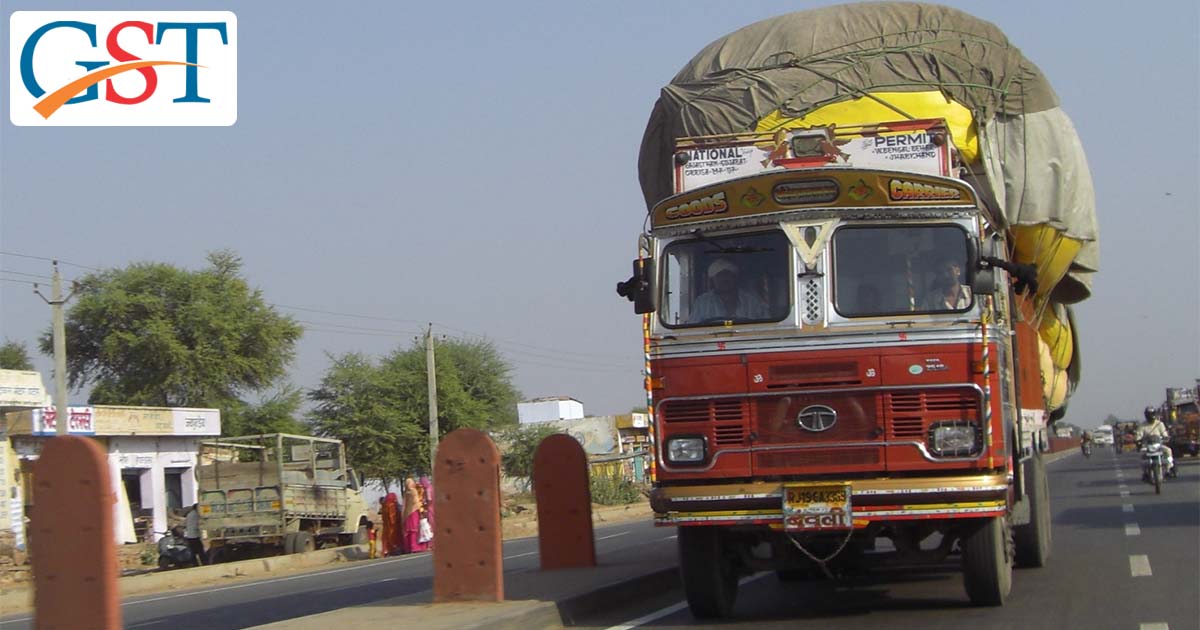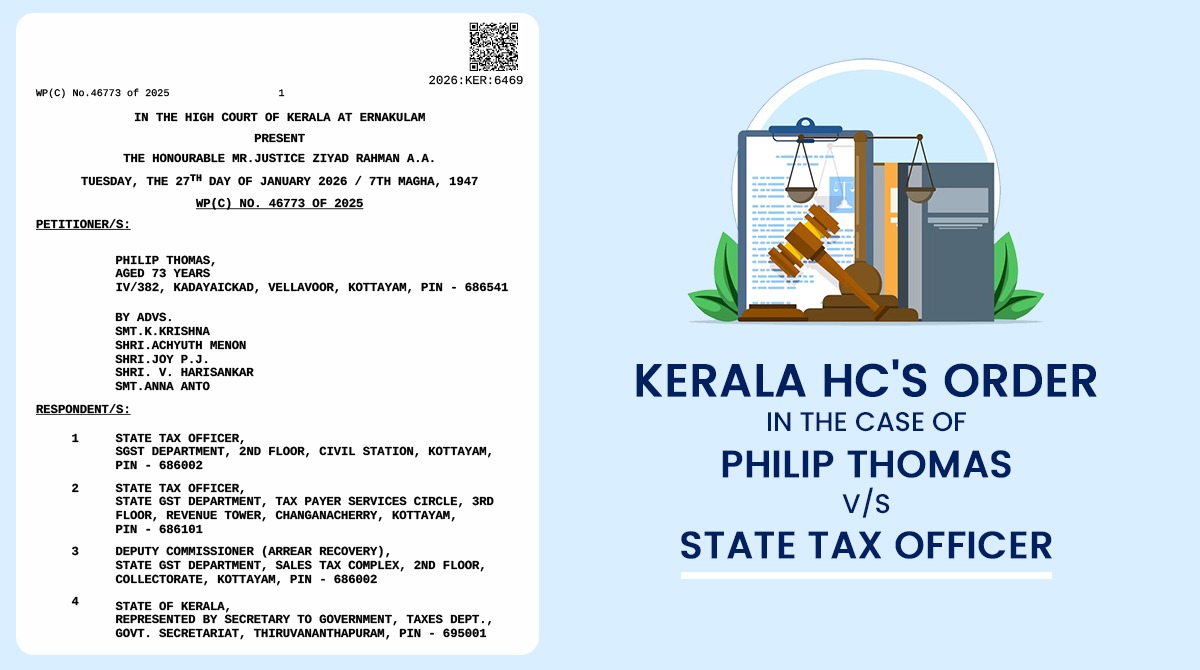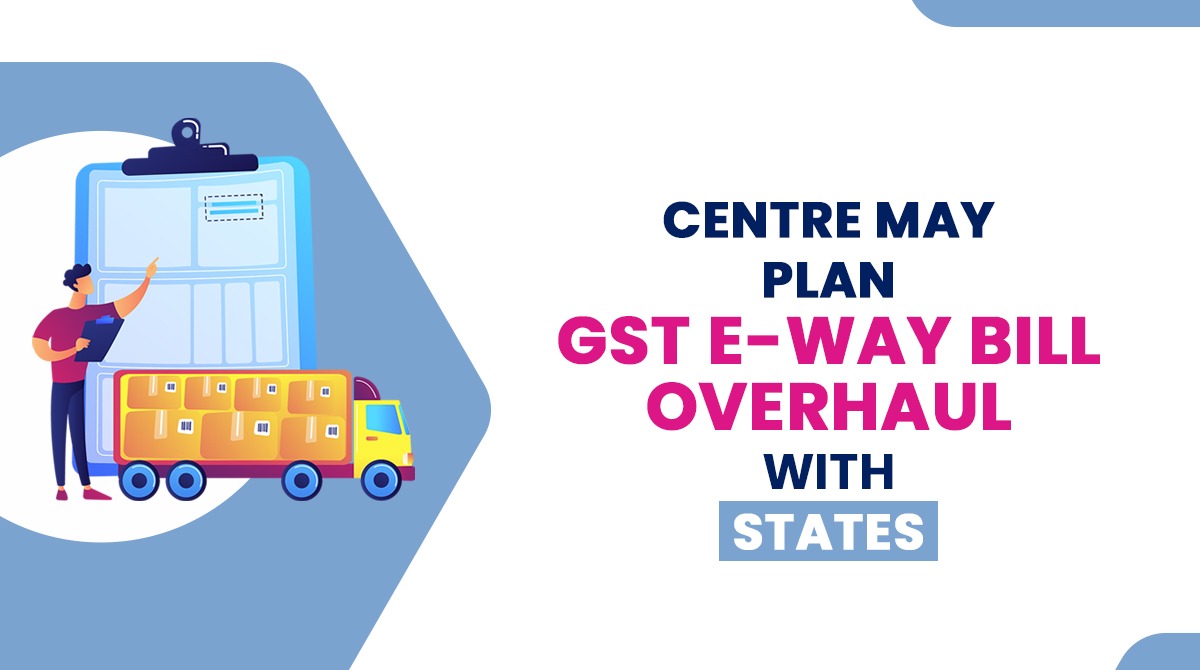
Goods and services tax was applicable in India from the 1st of July 2017 while there are other provisions including the GST E Way Bill which was applicable from the 1st of April 2018 across the nation.
However, the implementation was done in phases to avoid any further technical glitches. There were 4 phases in which the e-way bill was implemented.
Earlier, there were some queries regarding the distance of an e-way bill and its applicability, and here we have cleared the issues by exact laws detailed by the GST council and finance ministry.
File Form for GST E Way Bill Software
Recommended: Gen GST Software for Complete Solution Regarding E-Way Bill Queries
Here, We have Described the Doubts Regarding the Distance:
In some cases there are doubts about whether a distance lower than 50 km, is their applicability to generating a GST E Way Bill, here we clear the issues regarding the distance of GST E Way Bill. According to the Eway bill 138, notification – 12/2018, date 07-03-2018, defines supply under GST preface 3 situations:
- Interstate supply – If in case the supply is interstate and the value of the goods is more than 50,000 then a GST E Way Bill is mandatory to generate.
- Supply for further transportation – If in case the supply is intrastate and for further transportation and the transportation office is shorter than 50km then the GST E Way Bill is mandatory to be filled only Part A of the bill.
- Supply to consignee – If intrastate supply is going directly to the consignee if the value of the consignment exceeds Rs. 50,000 while the distance is even within 1 km and transported through the motorized vehicle, it is mandatory to generate GST E Way Bill.
CBIC Issues Notification Amending E-way Bill Validity to 1 Day for Every 200 km
The CBIC has issued notification No. 94/2020-Central Tax, dated December 22, 2020, making amendments to Rule 138 of the Central Goods and Services Tax Rules, 2017, under Central Goods and Services Tax Rules (Fourteenth Amendment), 2020.
The new amendments shall be effective from January 1, 2021, in the following manner:
According to the new changes, the validity of the e-way bill has been amended to 1 day for every 200 km of travel, as against 100 km earlier. This is applicable only in cases other than Dimensional Cargo or multimodal shipment where transport by ship is also involved.
In simple words, the e-way bill once created will be valid for 1 day for up to 200 kilometres of travel. For every 200 km. or part thereof thereafter, one additional day will be allowed.
In the case of Over Dimensional Cargo or multimodal shipment in which at least one leg involves transport by ship, the one-day validity of the e-way bill is applicable for up to 20 km of travel. Beyond that, one additional day will be allowed for every 20 km or part thereof.
Refer to the table below for details.
| Sl. No. | Distance | Validity period |
|---|---|---|
| 1. | Upto 200 km. | One day in cases other than Over Dimensional Cargo or multimodal shipment in which at least one leg involves transport by ship |
| 2. | For every 200 km. or part thereof thereafter | One additional day in cases other than Over Dimensional Cargo or multimodal shipment in which at least one leg involves transport by ship |
| 3. | Upto 20 km | One day in case of Over Dimensional Cargo or multimodal shipment in which at least one leg involves transport by ship |
| 4. | For every 20 km. or part thereof thereafter | One additional day in case of Over Dimensional Cargo or multimodal shipment in which at least one leg involves transport by ship: |









